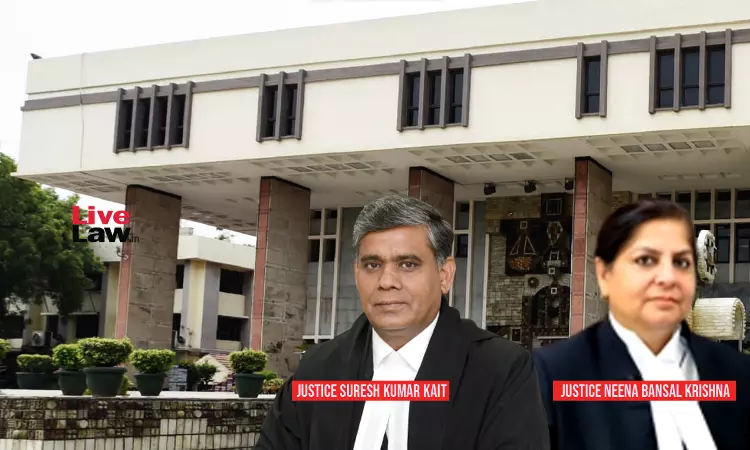Wife Turning Children Against Father Is Parental Alienation, Amounts To Grave Mental Cruelty: Delhi High Court
Nupur Thapliyal
1 March 2024 9:53 PM IST

Next Story
1 March 2024 9:53 PM IST
The Delhi High Court has observed that the act of a wife in trying to turn the children against the father is a clear case of “parental alienation”, which amounts to “grave mental cruelty.”Observing that a person may be a bad husband but that does not lead to the necessary conclusion of he being a bad father, a division bench of Justice Suresh Kumar Kait and Justice Neena Bansal...
